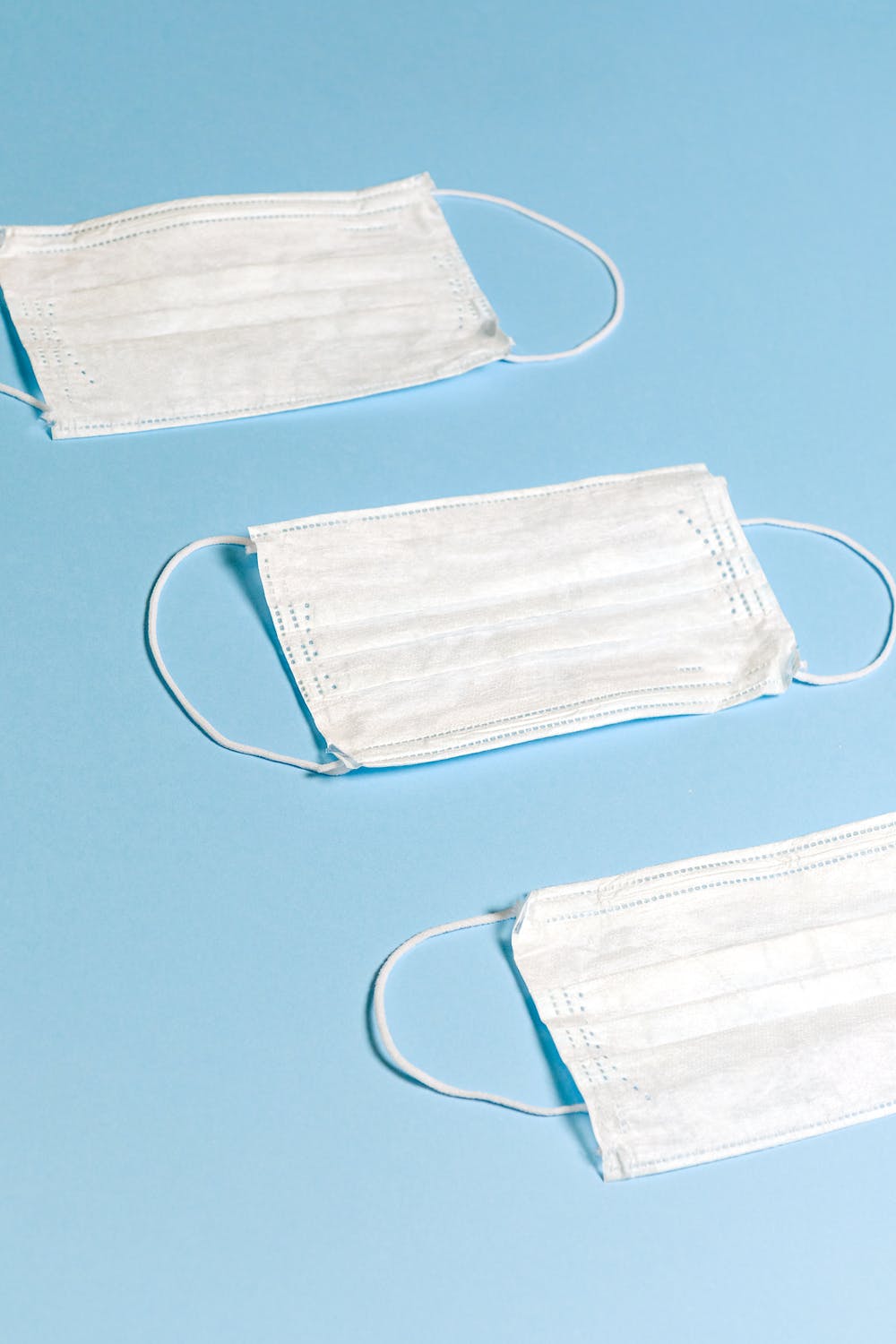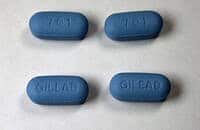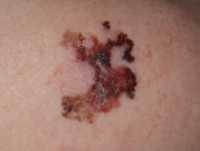Author Interviews, COVID -19 Coronavirus, Lipids, Statins, UCSD / 26.09.2020
Patients on Statins Less Likely to Develop Severe COVID-19 Infections
MedicalResearch.com Interview with:
Lori B. Daniels, MD, MAS, FACC, FAHA
Professor of Medicine
Director, Cardiovascular Intensive Care Unit
UCSD Division of Cardiovascular Medicine
Sulpizio Cardiovascular Center
La Jolla, CA 92037-7411
MedicalResearch.com: What is the background for this study?
Response: The purpose of our study was to investigate whether there is an association between the use of statin medications and COVID-19 morbidity and mortality among patients hospitalized for COVID-19. Our study investigated all patients hospitalized for treatment of COVID at a major US academic medical center during the study period. We studied patients who were hospitalized with COVID-19, and compared those who had been taking statins for at least 30 days prior to admission, with those not on statins.
(more…)





























